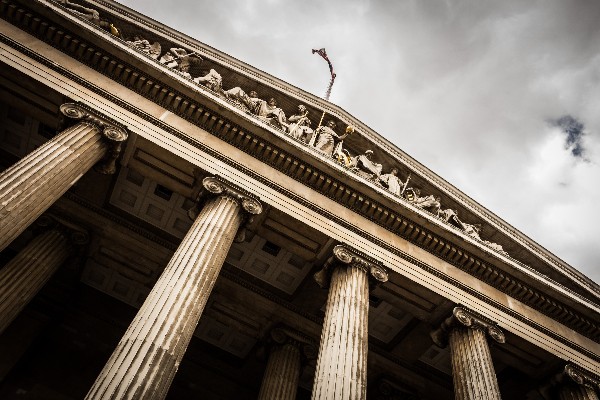- November 25, 2021
- Posted by: granitewordpress
- Category: News

The Importance of Evidence in Trial
An important decision was recently handed down by the Court of Appeal in Comerford v Carlow County Council, reaffirming the Phipson Rule regarding the admissibility of evidence in personal injuries litigation. In this article, Nicola Kiely, Solicitor, CKT and Ana Harrington, Intern, CKT give an overview of the case.
High Court
The Plaintiff in the above case brought a personal injuries action against Carlow County Council in 2017 after he suffered a fractured nose when he allegedly tripped and fell in a pothole on a footpath outside his home.
Carlow County Council denied liability and inter alia sought to challenge the Plaintiff’s credibility by relying upon entries contained in medical notes created by a doctor on foot of the Plaintiff’s initial attendance post-accident.
The Plaintiff objected as the medical notes had not been proven and as such could not be relied upon as evidence. To do so would breach the Phipson Rule, articulated in Leopardstown v Templeville [2010] IEHC 152:
“…if the defendant indicates that he does not accept that what the document purports to record is true then the contents of the document cannot be adduced in evidence unless and until the document is proven (or an undertaking is given to do so later), or the requirement has been waived.”
The Defendant conceded that it could only proceed to cross-examine based on the disputed medical notes in circumstances where the witness was later to be called upon. As such the Trial Judge permitted cross-examination of the other witness to proceed. On the final day of hearing the Defendant moved an application for an adjournment in circumstances where it had been unable to locate the doctor. The Plaintiff submitted that the Defendant should withdraw any allegations which were based on the content of the medical notes, and case should go to judgment, or the trial judge should adjourn to allow more time for the doctor to be located and cross-examined, with costs for the day wasted. Instead, the trial judge retired to examine the medical notes.
The Trial Judge returned and dismissed the Plaintiff’s action and noted the most significant factor in the case was the principle laid down by the Court of Appeal where judges are obliged to bring ordinary common sense to bear on their assessment of what should amount to the taking of reasonable care by a person. There was no reference to the medical notes, or the evidential issues arising from their somewhat conditional admission and the manner of their deployment in cross-examination.
Court of Appeal
The Plaintiff appealed and his notice of appeal and submissions raised three net grounds of appeal. The first ground of appeal referred to the failure of the trial judge to apply the Phipson evidential rule correctly which gave rise to a trial which was fundamentally unfair. The Appellant argued the High Court failed to allow the cross-examination of one of his doctors who examined his injury after the accident.
Ms Justice Maire Whelan, on behalf of the three-judge Court of Appeal said there was no doubt the medical notes were tendered in evidence by the respondent “as a central plank in its case that in substance this was a fraudulent claim and that the accident did not occur on the date the appellant claimed, nor did it occur at the locus or in the manner in which the appellant had alleged”.
The Respondent had cross-examined the contents of medical notes which it knew could not be proven and where the contents were in dispute.
Whelan J noted the importance of the Phipson Rule and referred to the judgment of Edwards J in Leopardstown, which held that as part of the rules of evidence, the Rule existed in the interests of justice and fair procedures, and Courts should be slow to circumvent this.
Conclusion
Whelan J therefore held that the Trial Judge had fallen into error by failing to apply the Phipson Rule which had been previously established as a binding precedent in Director of Public Prosecutions v Diver [2005] IESC 57. As such, the trial was held to be fundamentally unfair, and the case has been remitted to the High Court for a full re-hearing, with costs granted to the appellant both for the appeal and original trial.
This case serves as a useful reminder to practitioners of the rules regarding the admissibility of evidence.
If you have any questions relating to this case, please contact a member of our Litigation team.